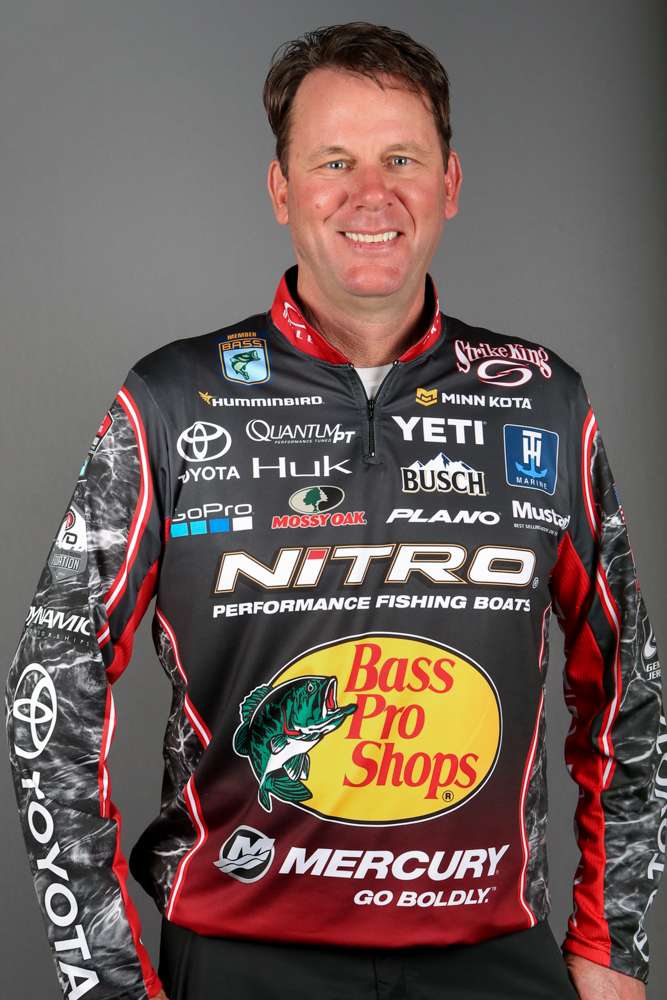I fished my first tournament at Guntersville in 1989, and I’ve seen it at its best, and when the grass was gone, I saw it at its worst.
It’s pretty good right now. In fact, extremely phenomenal.
But I’m concerned. A lot of the grass we saw when the Classic was held here in 2014 is gone.
Quite a bit, in fact. Many of the flats are barren and the lush grass beds that once inhabited the lake are gone.
That may leave some people to say, so what? It’s still very good without the grass. But that’s a short term effect, just as it was in the 90s when the grass was eradicated and the fishery went downhill.
If you want an example of what can happen without grass, look one lake down from Guntersville and see how Wheeler Lake, once another outstanding bass lake, has been affected. Now that the grass has been killed off, you simply don’t hear much about it anymore.
The purpose of my comments is to remind the local community and anglers how good this lake is today and how important it is for them to do all they can to protect it.
With grass, Guntersville has been producing great catches of bass and other species as well.
I’ll acknowledge that there are natural occurrences that have diminished the amount of cover in the lake. However, lake property owners complained about grass around their docks last year and chemical applications were applied heavily. I understand the need to tamper down the vegetation that creates boating issues around the shore, but there has to be a delicate balance to controlling grass and maintaining an outstanding fishery.
Of course, there were other factors, like flooding and the long, abnormally cold winter we had that kills or limits vegetation growth. Those are tough to predict, but when coupled with excessive weed treatments, the lake’s ecosystem suffers.
Weedless flats limit the places for bass to forage and for young of the year gamefish to hide. It makes them more susceptible to being caught. Lack of cover affects the forage greatly, and you wind up with slow-growing, skinny bass that do survive.
Without habitat, a lake doesn’t have the means to support such a huge population. Imagine what happens when a farmer moves his big herd of cattle off 100 acres into a 10-acre pasture. He winds up with fewer healthy cows.
Grass expands the living space for all species and is the primary reason this lake is drawing thousands of tourist anglers every year. That has been evident during the time we’ve been here; hundreds of non-tournament anglers are fishing everywhere on the lake.
There’s no doubt that this week’s tournament will showcase just how great Guntersville is right now. This could be one of the best tournaments ever held here, but remember that’s a testament to the habitat this lake has embraced in previous years.
Like so many of my competitors, I love Guntersville. We all have great memories here. But it’s important that the lake’s local and state caretakers realize that it’s superb now because of the habitat.
To maintain one of the best bass lakes in the country, you have to live with the inconveniences the grass may cause and see it as the blessing that it is.
Remember, it’s all about the attitude!
Kevin VanDam’s column appears weekly on Bassmaster.com. You can also find him on Facebook,Instagram and Twitter.

